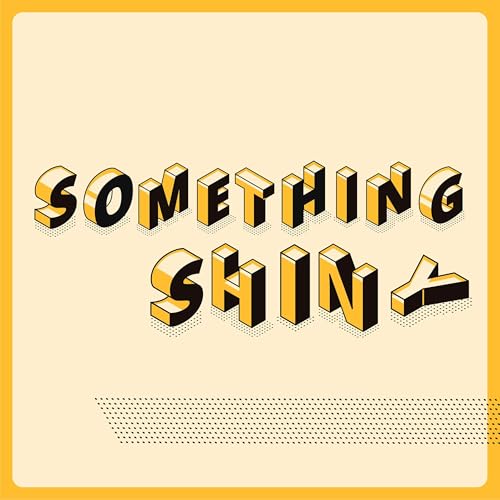Let's revisit a bunch of neurodivergent folx reminiscing about what it was like growing up (and being diagnosed with) ADHD in the 90's. Featuring some real gems about accommodations for reading, what hyperfocus can feel like, and stuff about Richard Dreyfuss.
----
Isabelle & David welcome Isabelle’s husband, Bobby, and David’s childhood friend, Ashley, who both also have ADHD. Ashley shares that she was diagnosed with ADHD back in ’94 when understanding of ADHD was still in its early days and accommodations like audio books and extended time for test taking were new(er). The group describes what reading looks like, including eye tracking issues connected to ADHD—and the levels of accommodations they each use, including highlighters, white noise, audiobooks, etc. One way of handling a breakup is to mouth the words to the song that's playing while you're being dumped. Other accommodations to encourage hyperfocus on reading also include listening to older instrumental music, and matching beats per minute to the task you're doing. The advantages of continuous play on music platforms (like Spotify, not a sponsor) and the rabbit holes you can get lost in. Bobby’s tangent on a gem of a comedy album (see below). The group also discusses other labels that you can gather along the way with ADHD; David was labelled as having behavior problems, skipping class, acting out. Bobby experienced the world as Ferris Buehler and his response to being bullied was to work the system to get the bullies to leave you alone. How impulsivity can help you work the system or leave you hanging. The idea of either not trying to make waves or making waves when none are around. The message David got was that there was something wrong with him. The white privilege of an ADHD diagnosis, as opposed to being labeled oppositional defiant.
Name of Bobby’s find (click for a link to a youtube video): I Wanna Meet Richard Dreyfuss by Gabriel Gundacker
Eye tracking issues (related to ADHD): Typical issues that can impair reading are related to either impulsively (jumping to a wrong line) or attention issues related to thinking about off topic things while reading. Click here for more.
DAVID’S DEFINITIONS:
IMPOSTER SYNDROME is the belief you don't belong/are bad, or that you have to be perfect on the outside along with the fear you will be found out/exposed and people will know you're a mess on the inside.
OPPOSITIONAL DEFIANT (Disorder, AKA ODD) is a clinical diagnosis that is applied to children marked by intentional acts of disobedience, and conflicts with authority. This diagnosis is much different than a diagnosis of ADHD, although some parts of ADHD can be oppositional in nature, they are not truly rooted in fighting Authority, as much as the rooted in finding agency. For example, a person with ADHD may find themselves fighting an authority figure because they took a candy bar they were eating and want the candy bar back. A person with ODD would fighting the authority figure because they were an authority figure, forgetting about the candy bar.
RESPONSE COST is understanding the consequences of our actions, later down the road.
-------
cover art by: Sol Vázquez
technical support by: Bobby Richards
 28 分
28 分 16 分
16 分 2025/05/2128 分
2025/05/2128 分 17 分
17 分 20 分
20 分 2025/03/2621 分
2025/03/2621 分 27 分
27 分 15 分
15 分
